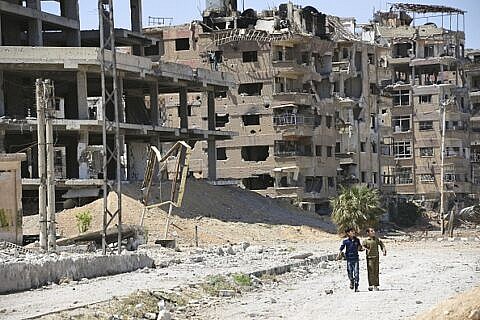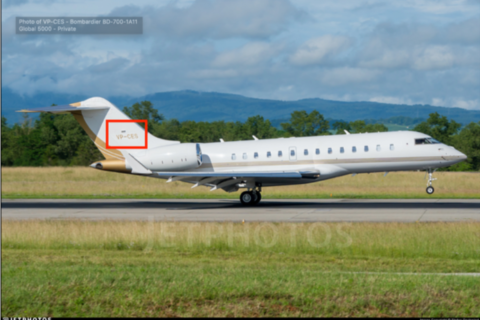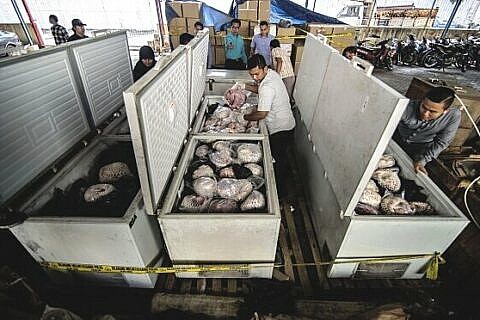The Nexus of Corruption and Conflict in South Sudan
An in-depth investigation into the illicit economies, funding streams, and supply chains of South Sudan’s armed opposition.
This report was written in partnership with The Sentry, an initiative of the Enough Project, and Not On Our Watch (NOOW), a nongovernmental, international relief and humanitarian aid organization.
Executive Summary
South Sudan was born amid great hope. The citizens of the world’s newest nation voted with one voice in support of independence for a country that boasted vast natural wealth. Goodwill from the international community brought significant international development assistance and the country was expected to quickly transition to self reliance, for the most part, on the basis of its own oil revenues. Instead, South Sudan has plunged into civil war, economic collapse, and creeping international isolation. The country’s elites have built a kleptocratic regime that controls all sectors of the economy, and have squandered a historic chance for the development of a functional state. These predatory economic networks play a central role in the current civil war, because much of the conflict is driven by elites attempting to re-negotiate their share of the politico-economic power balance through violence.
Tweet It“The country’s elites have built a kleptocratic regime that controls all sectors of the economy, and have squandered a historic chance for the development of a functional state. ”
This report maps out the corruption and the conflict-financing system in South Sudan and describes the likely channeling of illicit money flows. The primary goal of this report is to focus on the mechanics of the system, rather than specific individuals or their networks of facilitators and enablers. While seemingly focused on the government, the report acknowledges that the rebels were also part of this kleptocratic system in the past, and are likely to be involved again in the event of a negotiated settlement. The Sentry continues in-depth investigations into illicit economies, funding streams, and supply chains of the armed opposition.
This report identifies four major vectors along which the country’s wealth and revenues are diverted
towards the personal and institutional interests of elites:
- The Extractives Sector: the extractives sector, which is the largest source of national revenue, is mismanaged and highly opaque
- The Military State: the military controls the economy; directly by taking the largest share of the budget and indirectly through closely held companies and contracts
- State Spending: the procurement system is prone to corruption, waste, and a lack of tangible results, and suppliers tied to elite interests are regularly awarded lucrative contracts
- Money Laundering Hub: the emerging financial sector in South Sudan has been exploited by elites who use it as a laundering and revenue-generating vehicle
Tweet It“Our findings strongly suggest that, in addition to a political strategy, the international community and regional actors should pursue a more deliberate strategy to diminish the incentives and resources that are funding and fueling the current conflict.”
South Sudan’s economy is currently facing a major financial squeeze with oil revenues drying up and conflict and corruption minimizing the effectiveness of foreign investments and humanitarian donations.3 As the economic situation worsens, the illicit economy has expanded. Key elites and institutions have maintained their funding lines and dominant economic positions, while others have sought to diversify their economic holdings to stay abreast of the new reality. Understanding the financial drivers of the conflict and the motivations of the major players is essential to negotiating a peaceful settlement in the region. Our findings strongly suggest that, in addition to a political strategy, the international community and regional actors should pursue a more deliberate strategy to diminish the incentives and resources that are funding and fueling the current conflict. This strategy includes: promoting budget and beneficial ownership transparency, conditioning aid and assistance on measurable improvements in procurement and contracts oversight, building sanctions enforcement capacity, and pushing for targeted financial enforcement measures to freeze and recover assets of those who have skimmed profits from the ongoing conflict.






